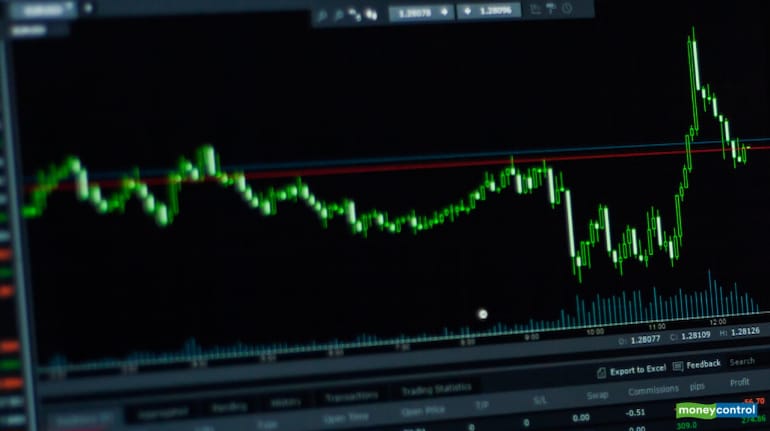March 23, 2020 / 08:28 IST
Raghvendra Nath COVID-19 has thrown the global market into a frenzy. The domestic market is on a similar trajectory even though India is still at Stage 2 of the novel coronavirus. This is mainly because the D-Street factors in the worst. Many investors are starting to doubt the wisdom of staying invested after seeing the sharp fall in stock indices in the last one month. Many of them have never been subjected to this kind of volatility in the past. Something that one experiences only once in 8 or 10 years. And therefore, getting concerned about the safety of their lifetime savings is natural. Most of the time, such wild swings in the markets are irrational. But they still happen because of the deluge of selling that comes from people gripped by fear. For instance, in the present situation, there is no doubt that the coronavirus pandemic is spreading very fast and has affected a lot of nations but this is not the first time that the world has faced such pandemics. If at all, the world is more resourceful than ever before to deal with such a serious outbreak Most countries right now are acting with speed and alacrity. India is no different. We are already seeing the government officials tracking every suspected case. It is impossible to have timelines in such a global phenomenon, but it would be safe to say that in the next 2-3 months, the spread of the coronavirus should be controlled to a large extent. This is a fair assumption to make considering that country after country is going into a complete lockdown mode. And once the human contact is curtailed, the spread of infection in the community will nosedive. Economic activity is bound to slow down globally during such a scenario where people are fearful of even getting out of their homes. The real issue is whether the economic slowdown would be for the next 1-2 quarters or next 1-2 years. Past experiences of similar viral outbreaks, which were also global, suggest that most of the times the fears were unfounded, and the containment happened in a matter of few months. Coming back to the stock markets, the moment market participants realise that the normalcy is about to return in the world, the markets would go in a reverse direction with the same speed at which they have now corrected. Here is a chart that depicts the gyrations of Sensex in the past 20 years. Look at the number of negative events that it witnessed. And every time, it bounced back and surged further ahead.

This is the lesson that we need to take from Equity investing. As long as you are holding high-quality companies that are growing at a healthy growth rate, no amount of crises or shocks can rob you of your wealth and nothing can stop your wealth to multiply in the long term. The keywords here are – ‘high quality’ and ‘healthy growth’. Every time there is a deep crisis in the equity markets and the markets are tanking, we just need to look at our portfolios and see if we have these two elements in the holdings. If yes, then we should just relax and stop bothering about the market levels.
In the current state of nervousness, one has many options. One option is to get out of equities to prevent further loss. Quite a few retail investors may already be doing that. The problem with this strategy is that in all probability, such investors would miss the rebound completely and either sit out with a permanent loss in portfolio value or re-enter the equity markets at highs again. The second option is to have faith in your portfolio and ignore the gyrations of the markets. Sooner or later, sanity will return to the markets and your portfolio values would be restored. For such investors, the short-term irrationality would be akin to a bad dream. The best option is to take advantage of irrational market behaviour. Consider this period as a deep discount sale where crown jewels are being sold for pennies. A lot of market pundits have said that ‘be greedy when others are fearful’. So, if there is a space in your portfolio to add more equities, use these sharp corrections to add to your equity portfolio. Investments made in these times would always give super returns in the next few years. Volatility is the inherent nature of the equity market. Ever since the markets have existed, the markets have continued to move up despite the short-term volatility. What we are now witnessing is unprecedented volatility but that to shall be overcome sooner or later. The key is to have patience and believe that the economic activity will continue, no matter what. (The author is Managing Director of Ladderup Wealth Management)Disclaimer: The views and investment tips expressed by investment experts on Moneycontrol.com are their own and not that of the website or its management. Moneycontrol.com advises users to check with certified experts before taking any investment decisions.
Discover the latest Business News, Sensex, and Nifty updates. Obtain Personal Finance insights, tax queries, and expert opinions on Moneycontrol or download the Moneycontrol App to stay updated!




